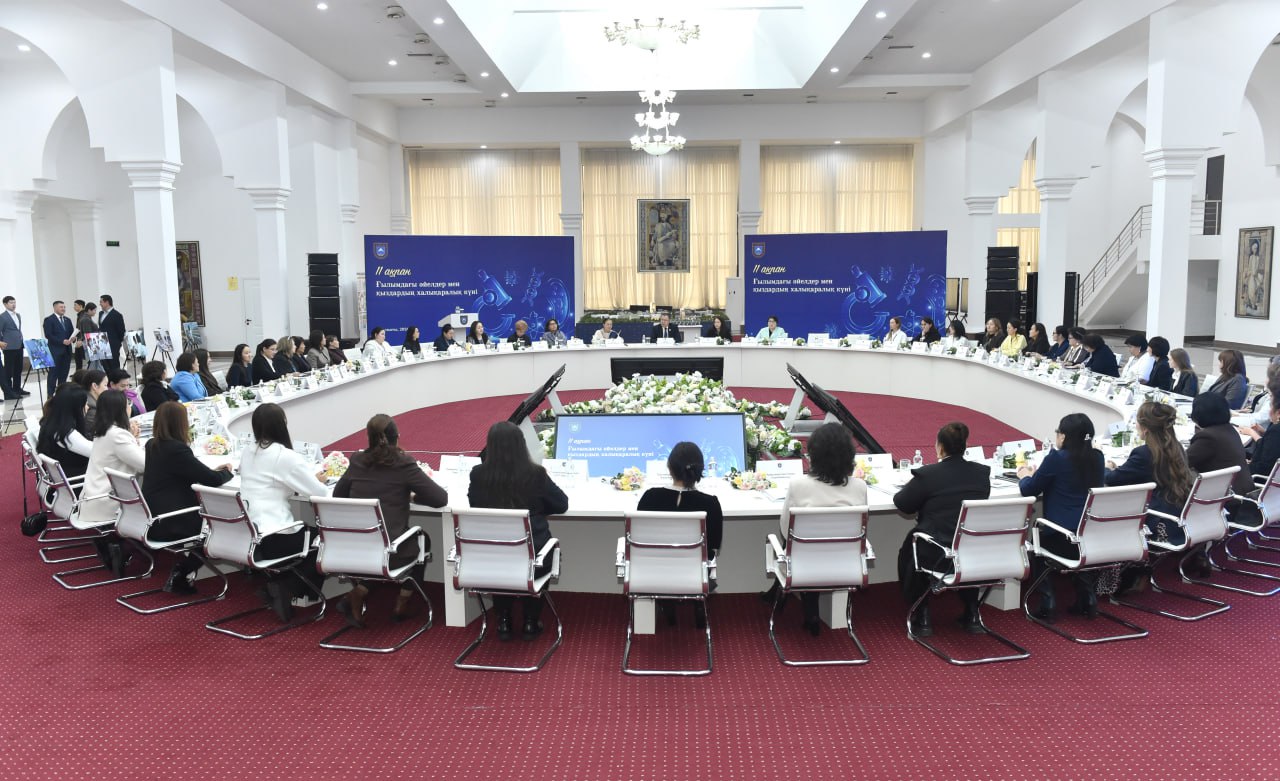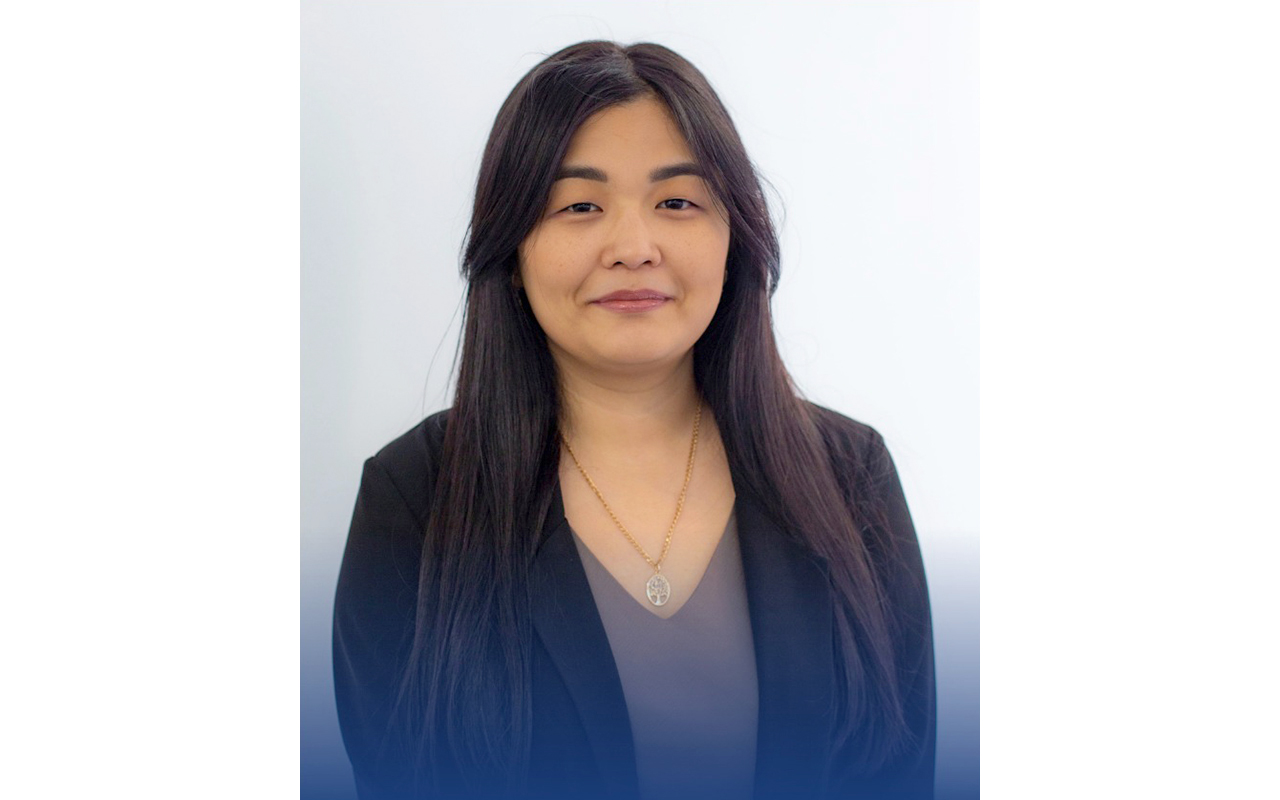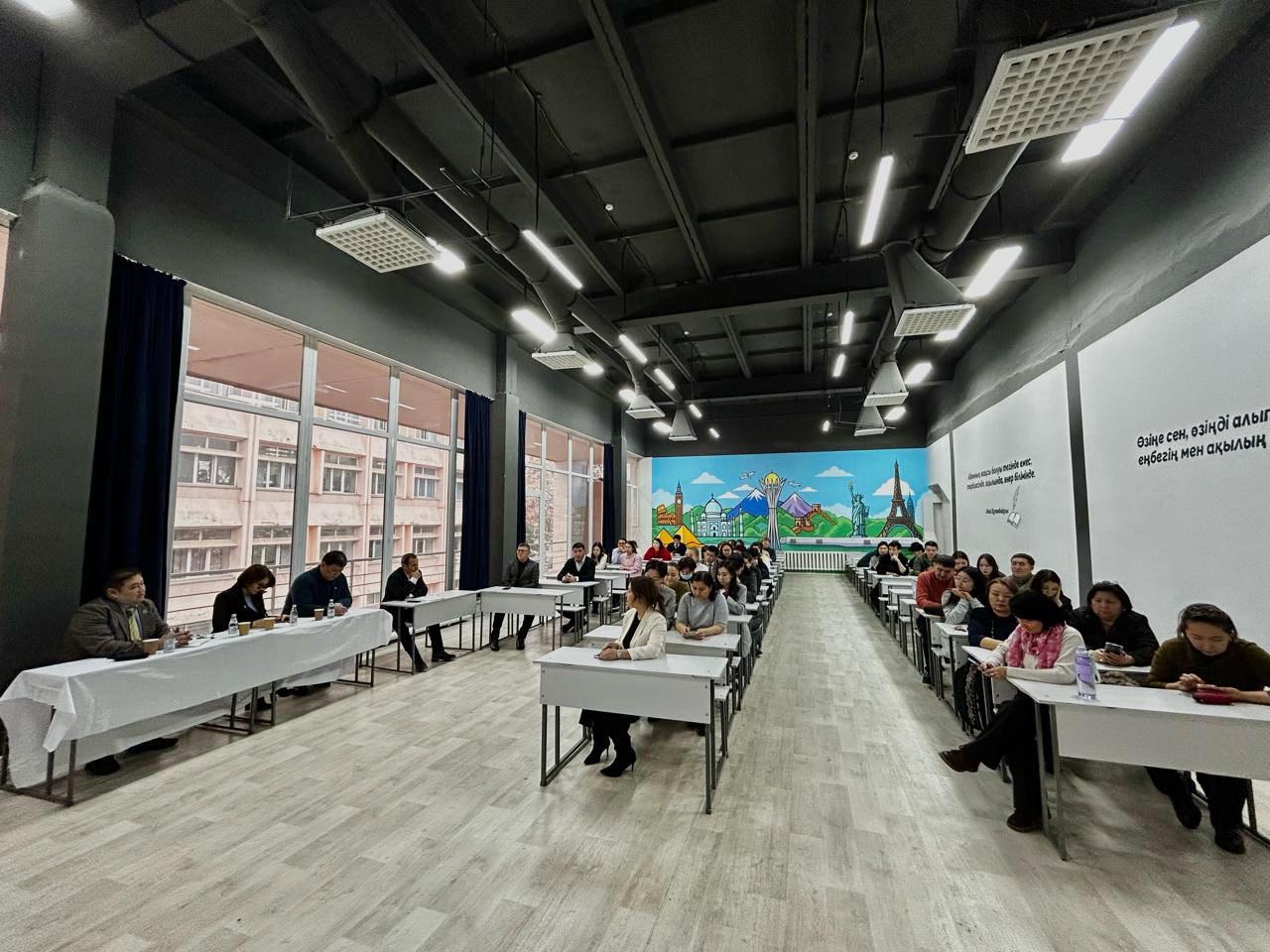THE LIBRARY AND INFORMATION SYSTEMS OFFICE - A SPACE FOR THE FUTURE
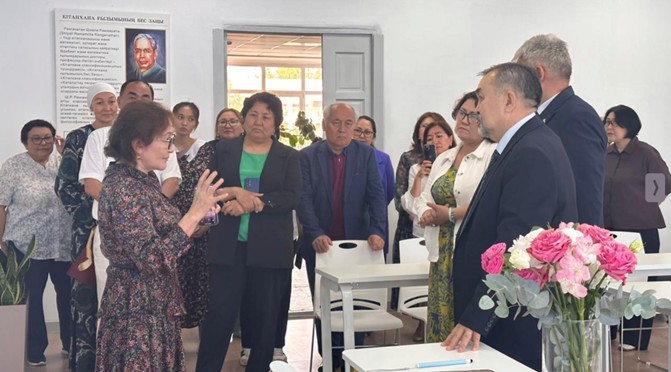
On December 24, 2024, the Faculty of History opened a modern methodological office for "Library and Information Systems." The office was established with the support of sponsors and candidate of pedagogical sciences, Kalima Tolenbayeva.
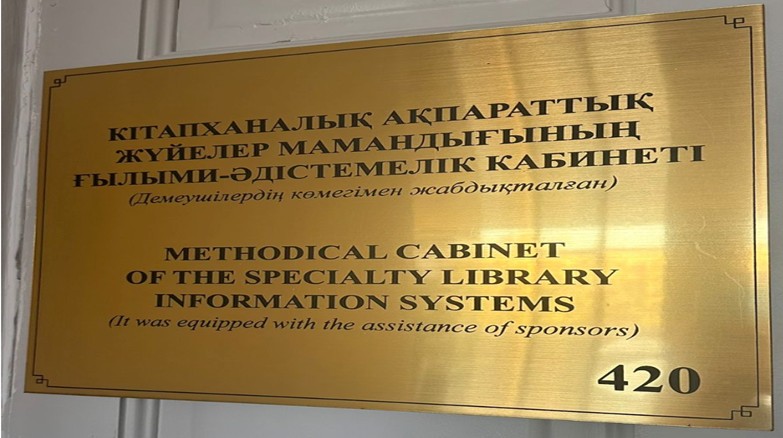
The office serves several functions:
-
Educational: Students learn the fundamentals of information literacy, critical thinking, and big data management skills.
-
Scientific: The space is used as a laboratory to test digital projects, including those related to the Sustainable Development Goals (SDGs).
-
Cultural and Ideological: The office connects the traditions of librarianship with new forms of digital communication.
Students can work with both physical information carriers and modern digital tools simultaneously. Through their smartphones and other devices, they can access global statistical resources (Worldometers, World Statistics, Rankedex), IFLA and UNESCO library maps, and the digital collections of the U.S. Library of Congress. They also study S.R. Ranganathan's "Five Laws of Library Science" as the philosophical foundation of librarianship.
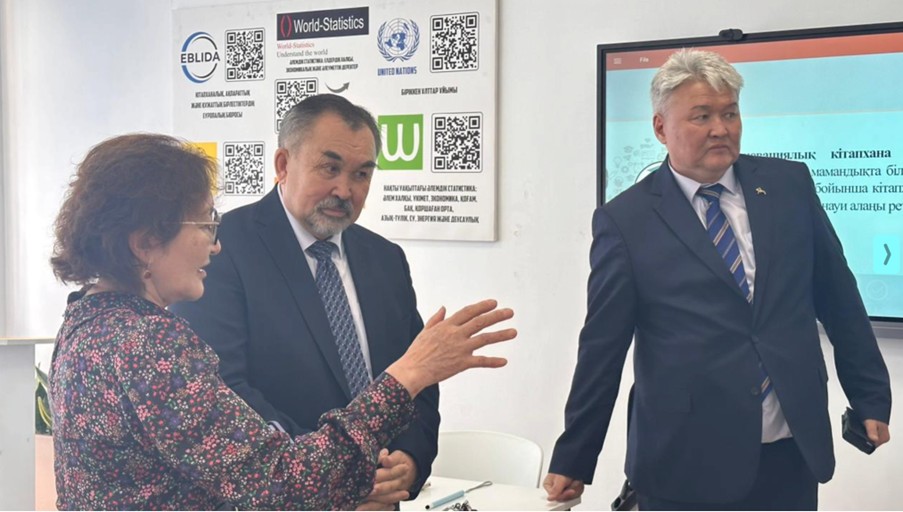
The office features QR codes for quick access to global resources, statistics, the laws of library science, and international databases. The office has become more than just a classroom; it is an interactive educational space where visual materials are an integral part of the learning process.
The new-format educational and methodological office is a step toward creating a generation of specialists who not only understand the importance of information in the modern world but also know how to effectively manage it, using it to achieve the SDGs and build a sustainable future. The office demonstrates that, despite rapid technological changes, the traditions of librarianship can be preserved and given a new, relevant meaning.
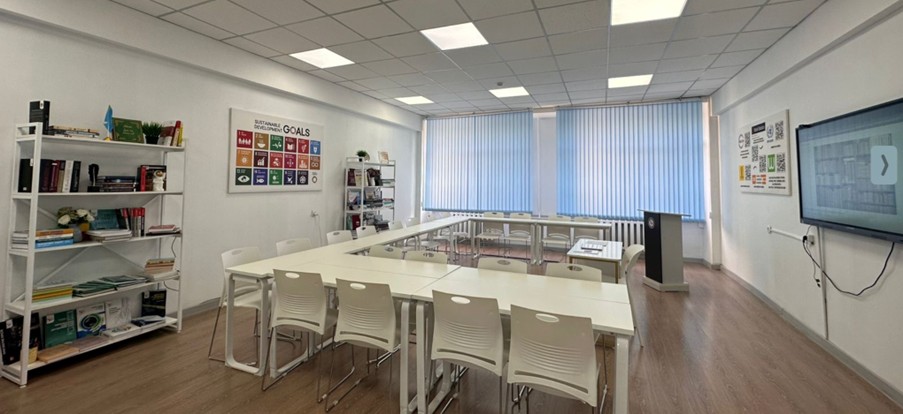
The office has become a platform for new projects aimed at integrating libraries into the digital environment, developing sustainable practices for working with information, and enhancing students' research competencies. This is a step towards creating a new generation of professionals who not only understand the importance of information in the modern world but can also effectively manage it for a sustainable future.
Other news
